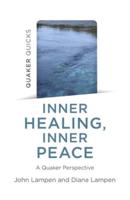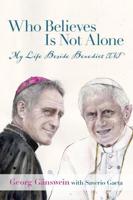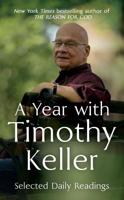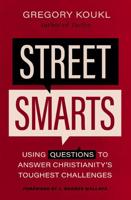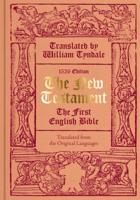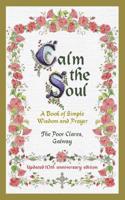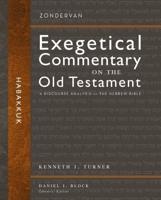Publisher's Synopsis
Education is the symbol of the modern era. The contemporary system of education has emerged as an outcome of the fast industrial development of recent centuries; factories needed workers, and these workers had to gain some special skills to work with machines. In the course of time, various new professions appeared which required developing new skills and abilities. Besides, the old approach to knowledge was transformed into the Baconian approach, knowledge is power. To know means to control, to be able to act properly. Whereas prior to F. Bacon knowledge had been perceived rather as wisdom (important principles related to how to live righteously, or how to avoid dangerous situations, etc.) than as an instrument for achieving certain goals, the modern times established the principle of knowledge as power. Only by knowing the world which surrounds them, human beings are capable of controlling it.
This principle was not the only one emerging in modernity. The modern era brought about a special feeling of optimism about mankind's future. It envisaged our common future as times of universal social equality, nice and pleasant jobs, reconciliation and peace at the international level. Philosophers like Descartes, Kant, Hegel, SaintSimon, and others preached that the intellect is the main human instrument for achieving eternal peace and common well-being. Cartesian rationalism (the philosophy of Descartes) aspired for comprehending the universal truth, the truth which would unite the whole of mankind and overcome all religious divisions.






